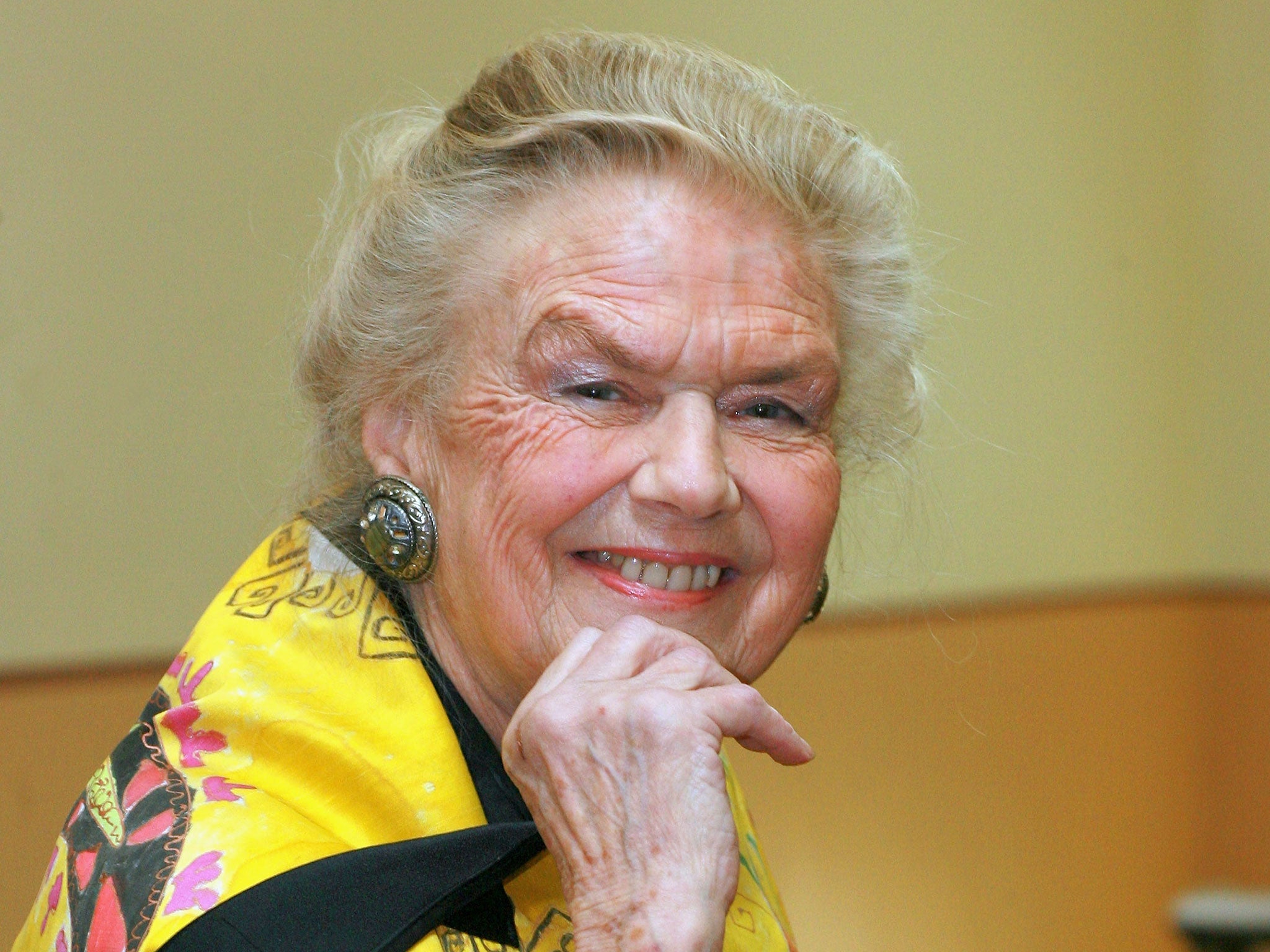Sheila Kitzinger, the woman who changed childbirth, dies at 86
'I don’t think I know anybody who spent more of their life trying to help other people in specific ways, be they women in jail, women in war and of course, mothers'

Sheila Kitzinger, the naturalchildbirth activist, anthropologist and author of more than 25 books, has died her Oxfordshire home aged 86.
“She passed away very calmly last night in her own bed,” her husband Ewe, 87, told The Independent, adding that “she had been in bed with cancer for more than three months”.
In accordance with her wishes, he said she would be buried in a cardboard coffin in a field near their home, before the small family gathering would “go and drink some champagne.”
“She had champagne and chocolates to the last,” he said. “She had done what she wanted to do in life. I don’t think I know anybody who spent more of their life trying to help other people in specific ways, be they women in jail, women in war and of course, mothers.”
Born in Taunton in 1929, Kitzinger rose to prominence in the ’60s and ’70s when, in the belief that mothers and not clinicians should be the focus during childbirth, she developed the concept of a “birth plan”.
Seen as a pioneer of the natural birth movement, she was made an MBE in 1982 for her work which included research on childhood and midwifery from cultures as varied as the Caribbean, Japan, South Africa and New Zealand.
An honorary professor at the University of West London, where she taught the MA course in midwifery, Kitzinger was never a midwife herself, but she continued to teach and run workshops on the social anthropology of birth and breastfeeding well into her 80s.
Celia, the eldest of her five daughters and herself a social psychologist at the University of York, said: “Sheila taught me, from an early age, that the personal was political – not just by what she said but by what she did.
“As I was growing up I learnt from her campaigns for freedom and choice in childbirth that passionate and committed individuals can create social change,” she added. “She never hesitated to speak truth to power.”
Celia was due to join her father and sisters Jenny, Tess and Nell at the burial. Kitzinger’s other daughter, Polly, suffered permanent mental and physical disabilities after a 2009 car accident and was not able to join them.
Dame Jenni Murray, who interviewed Kitzinger a number of times for the BBC Radio 4 programme Woman’s Hour, said Kitzinger was “warm, funny and really important” and that she hoped this generation would discover her books.
“Sheila came along and said there are a few women who have difficult pregnancies and need emergency treatment, but for the majority of women it is a perfectly normal and natural process and we need to give them back the confidence to trust their own bodies and do it in the way that they feel instinctively,” she said.
“Her books had that psychological side but they also had an intensely practical side to them,” she added.
Subscribe to Independent Premium to bookmark this article
Want to bookmark your favourite articles and stories to read or reference later? Start your Independent Premium subscription today.

Join our commenting forum
Join thought-provoking conversations, follow other Independent readers and see their replies